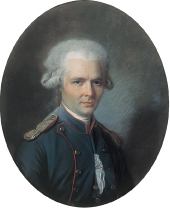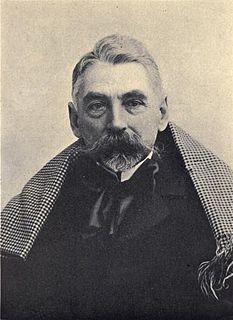A Quote by Salman Rushdie
perhaps, if one wishes to remain an individual in the midst of the teeming multitudes, one must make oneself grotesque.
Quote Topics
Related Quotes
It is incumbent on a great nation to remain confident, if it wishes to remain free. We need not be ignorant to real threats to our safety, against which we must remain vigilant. We need only to banish to the ash heap of history the notion that we ought to be ruled by our fears and those who use them to enhance their own power.
The goal...is not to change your desires and wishes but to persuade you to stop demanding that you absolutely must have what you wish-from yourself, from others, and from the world. You can by all means keep your wishes, preferences, and desires, but unless you prefer to remain needlessly anxious, not your grandiose demands.
Wishes of one's old life wither and shrivel like old leaves if they are not replaced with new wishes when the world changes. And the world always changes. Wishes get slimy, and their colors fade, and soon they are just mud, like all the rest of the mud, and not wishes at all, but regrets. The trouble is, not everyone can tell when they ought to launder their wishes. Even when one finds oneself in Fairyland and not at home at all, it is not always so easy to remember to catch the world in it's changing and change with it.
One must find out for oneself, and make sure beyond doubt, 'who' one is, 'what' one is, 'why' one is... Being thus conscious of the proper course to pursue, the next thing is to understand the conditions necessary to following it out. After that, one must eliminate from oneself every element alien or hostile to success, and develop those parts of oneself which are specially needed to control the aforesaid conditions.
The following are the universally fundamental laws of literary communication: 1. one must have something to communicate; 2. one must have someone to whom to communicate it; 3. one must really communicate it, not merely express it for oneself alone. Otherwise it would be more to the point to remain silent.







































